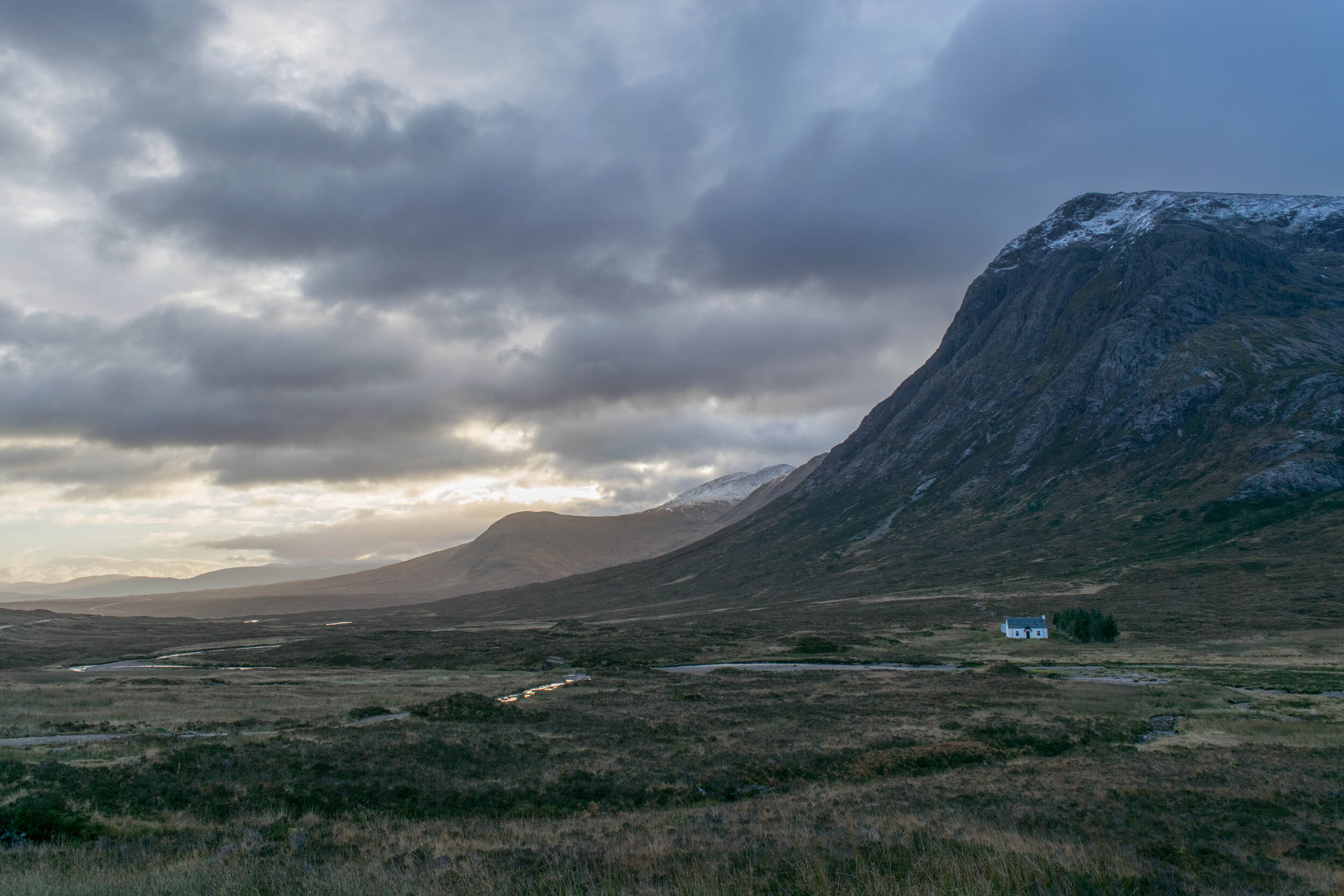7 Ways to Reduce Our Carbon Footprint When Travelling
Climate change. It’s one of the more talked-about topics these days. We feel quite conflicted about this topic, especially when it relates to travel, because while we love travelling and spreading our knowledge on places we visit, travel in itself (especially air travel), is a contributor to climate change.
We know it’s not the only contributor to climate change - far from it, and we are all responsible for learning about other areas of our lives that we can change to reduce our own carbon footprints - but travel is still a contributor.
We do love travelling and we especially love how travel opens our eyes to new ways of life, cultures, and people, and can educate us in ways reading books or watching documentaries can’t. We don’t want to stop travelling, but we have been thinking more about ways we can lessen our impact when we do travel in the future. Because of this, we felt a responsible thing to do is write about some of the ways we can reduce our carbon footprint when we do decide to travel.
Note: We are only referring to optional travel where we’ve chosen to go somewhere on a holiday and not necessary travel like when we go to Vancouver or Poland to visit family and friends. Also, we are not in any way experts (nor are we perfect)! This list is based on things we’ve learned and are implementing ourselves where possible.
1. Consider the need to fly
The first and foremost consideration is whether or not you need to fly. Air travel very obviously makes up the biggest portion of our carbon footprint when we decide to travel.
Is there an alternative method of getting to your destination? Perhaps by train or car? We would say that the typical issue of an alternative method is the time it takes to reach the destination as hopping on a plane is almost always faster.
In the future, we’ll consider slower travel which (1) cuts out the need to fly and (2) adds the journey to the destination as part of the fun.
2. Fly in economy class
If you’ve decided that you do need to get on a plane, fly in economy class (though for the average person, we’re likely not going to fly anything other than economy class!). The reason for this is that in economy class, more people are being transported by the same amount of fuel, compared to business or first class.
So the good news about being crammed in an uncomfortable seat is that your carbon footprint is smaller!
3. Pack light(er)
The heavier a plane is when it flies, the more fuel it will use. We can help by packing lighter for our holidays. Do we really need to bring the big suitcase for a one-week holiday or will the smaller suitcase suffice?
4. Bring your own water bottle and/or coffee cup
Water is another big problem in our disposable culture. If your destination has clean drinking water, bring your own water bottle to refill with tap water. Sometimes, we’ll boil water the night before and fill up our water bottle in the morning. If you’re a coffee or tea drinker, bring your own coffee cup to avoid using single-use cups.
We haven’t yet been to a destination with unclean drinking water (though we will later this year), so are still doing some research into filtration systems to avoid having to buy plastic water bottles.
5. Choose greener accommodation
Where possible, choose an accommodation provider that is committed to being greener. This can range from commitments to reducing food waste, planting trees, and using environmentally-friendly cleaning products. Do ensure you do some research as it’s very likely that many hotels will do a bit of greenwashing, which means they fluff up their green claims to act like they’re doing more than they actually are.
6. Request for linen and towels not to be changed
Many hotels now generally have signs saying that linen will only be changed every X days and that towels will only be changed if left on the floor, but do request for linen and towels not to be changed if it’s not clear. You don’t change your linen and towels everyday at home, so why do you need to when on holiday?
Speaking of being at home, treat your hotel room or apartment as if you were at home. Turn down the heating or turn off the air conditioning as well as the lights when you head out. Don’t take forever long showers or leave the tap running. Typical common sense things!
7. Walk or use public transportation
This is a pretty obvious one. In big cities and towns, it can be quite easy and convenient to walk or use public transportation to get around. Of course, it does get trickier when in remote or rural destinations, where a car is the preferred or only method of getting around. We believe the most important thing is to do what we can with the resources available.
This is of course only a small list of things we can all do to reduce our carbon footprint when travelling. You may notice that we left out carbon offsetting, which is a somewhat controversial idea where whenever you take a flight, you pay more money to offset the carbon emissions produced from your flight. It’s controversial mainly because some people may see carbon offsetting as a ‘free pass’ to not act on climate change. We left this out because we’ve never purchased carbon offsets before and while we’ve done some research on them, don’t feel educated enough to recommend them (or not).
What steps have you taken to reduce your carbon footprint when travelling? What do you plan to do in the future? What additional tips do you have? Let us know in the comments!






Climate change is a complicated topic, but in this post, we’re talking about ways we can reduce our carbon footprint when we decide to travel, including flying in economy class and packing lighter.